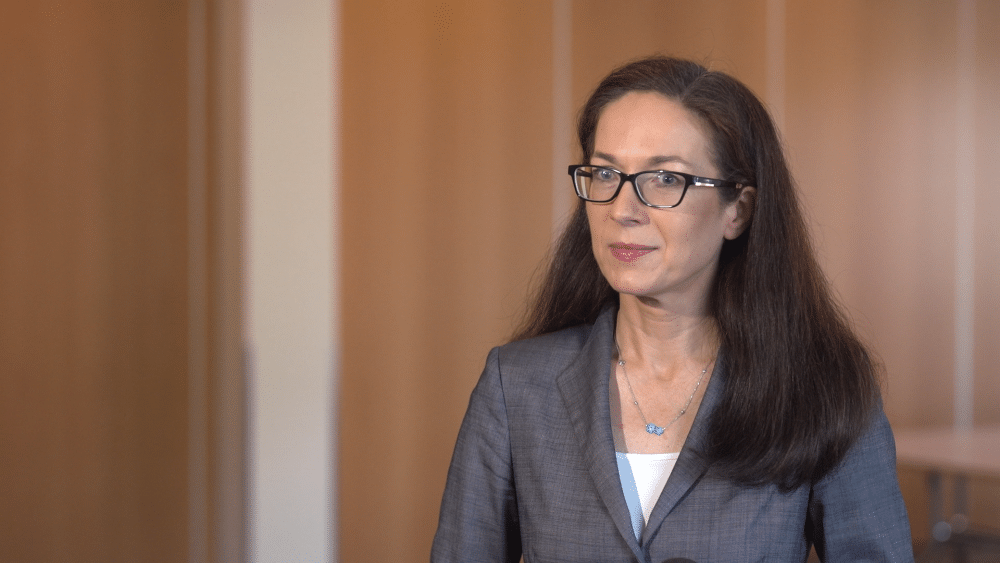Between 2018 and 2023, the demand for electronic signatures in the Polish market has tripled, as shown by research conducted on behalf of KIR and ZBP. Polish entrepreneurs are also increasingly using e-seals, another tool for verifying the authenticity of electronic documents. The growing popularity of so-called ‘trust services’ stems from the fact that companies actively using digital solutions are becoming more aware of the threats of fraud, scams and cyber-attacks.
“Companies are placing increasing emphasis on the security of documents shared externally or exchanged with clients. When signing a contract, they want to be sure that it truly contains the agreed terms. Likewise, when sending an invoice to a client, they want to confirm that the client has received the correct document and not, for instance, an invoice switched by hackers,” says Elżbieta Włodarczyk, Director of the Electronic Signature Business Line at KIR, a company specialised in providing trust services.
According to a study conducted by Stuart Madnick of the Massachusetts Institute of Technology for an Apple report, the number of data breaches tripled between 2013-2022, with a total of 2.6 billion pieces of information seized by cybercriminals in 2023 alone.
“To secure their documents, companies can use an electronic signature, electronic seal or time stamp. These are trust services that protect documents from unauthorised changes and allow the receiver to verify who is the author of a given document. For example, if we mark an invoice that we send to a contractor with an electronic seal, the recipient will be certain about the source of the invoice and whether it is indeed the invoice they should pay,” explains Elżbieta Włodarczyk.
According to data cited by KIR, the interest in electronic signatures in the Polish market tripled between 2018-2023. An electronic signature allows for the digitisation of work and the elimination of paper from formal communication, even reducing up to 75% of the costs of document handling.
In contrast, the qualified electronic seal, which is a digital equivalent of the traditional company seal, does not contain personal data, but solely information related to the entity, such as the registered name, identifier, e.g., tax identification number (NIP) and address. The e-seal is intended for companies and institutions that want certainty about the source of the documents circulating within their organization.
KIR provides a qualified mobile seal, a new tool that works on any device, such as a laptop or smartphone, without the need for card readers and additional software.
“Both the seal and the electronic signature are unrivalled when it comes to guaranteeing the authenticity of electronic documents. It’s hard to imagine another solution that would be equally convenient yet secure,” adds Robert Podpłoński, legal advisor in the Legal Department at KIR.
Both tools are legally regulated and have universal application. Securing electronic documents with an e-seal or digital signature gives them legal force in circulation, as well as during their storage and archiving. The mobile versions of both tools are an added convenience.
KIR’s expert emphasizes that the qualified electronic stamp has a legal regulation dating back to the early 2000s, therefore its application has almost 25 years of practice. On the other hand, the concept and regulation of e-seals were introduced in 2014, in the EU regulation eIDAS (Electronic Identification, Authentication and Trust Services).
“The rank of this regulation is superior to the Polish law. Thus, the e-signature and e-seal are tools used and honored throughout the European Union. They can be applied on the same terms in Poland and abroad, which significantly facilitates conducting international business relations,” says Robert Podpłoński.
